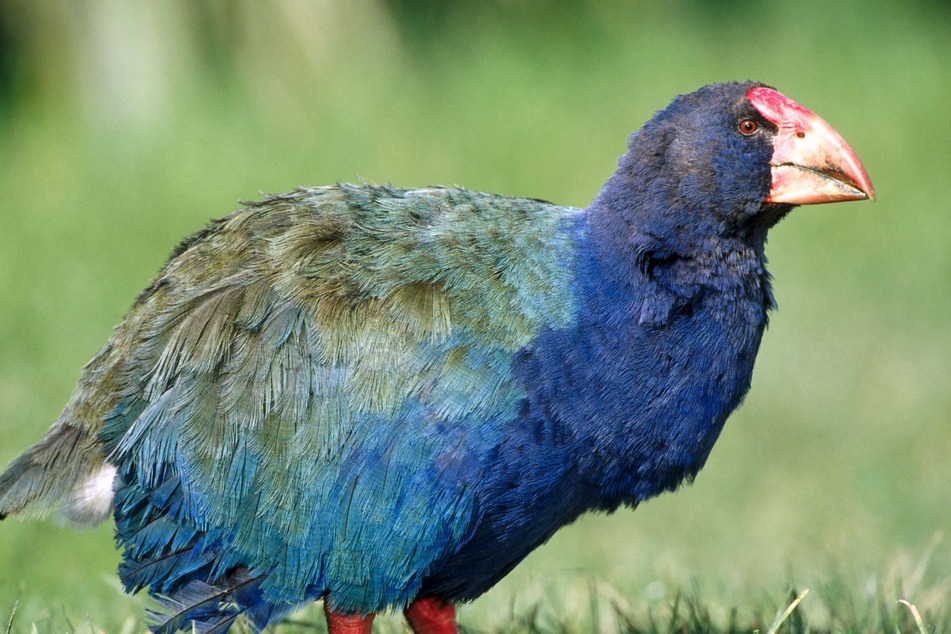Prehistoric bird once thought to be extinct returns to New Zealand!
New Zealand - The Takahē, a rare, prehistoric bird that was believed to be extinct, is being reintroduced into the wild in New Zealand, marking a huge win for conservationists!

According to the Guardian, 18 Takahē were released into Lake Whakatipu Waimāori valley last week.
The move comes as the country's government has been working closely on a conservation effort alongside the Ngāi Tahu, an indigenous tribe that owns the land and has been fighting for the birds' return for years.
Much of the tribe's land was stolen and sold by European settlers, who also brought over new predators to the region, such as cats and rats, which decimated the Takahē population.
By 1898, the bird was declared extinct, but was later rediscovered in 1948. New Zealand's Department of Conservation (DOC) has been working to revive the population ever since, breeding and incubating them in controlled environments, successfully growing the population by about 8% per year.
To date, there are only about 500 in existence, making it one of the world's rarest animals.
"After decades of hard work to increase the Takahē population, it's rewarding to now be focusing on establishing more wild populations, but it comes with challenges – establishing new wild native species populations can take time and success is not guaranteed," explains Deidre Vercoe, the head of the DOC's recovery operations.
If the Takahē's new home proves successful, the DOC says they will return more birds overtime with another group planned to be released in October.
Cover photo: IMAGO / age photo stock
